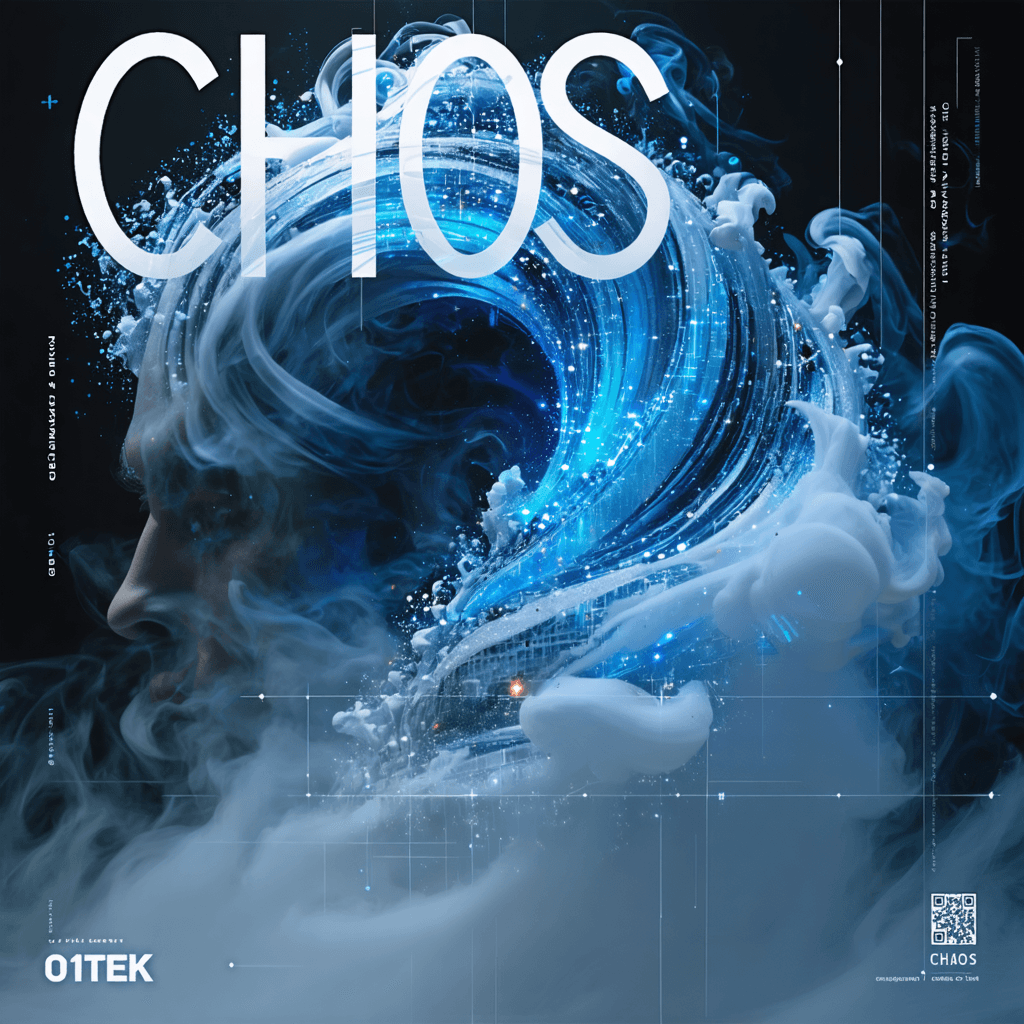Taming Chaos: How AI Grapples with the Unpredictable World of Stochastic Simulations
In today's rapidly evolving technological landscape, artificial intelligence stands at the forefront of tackling one of computing's most intriguing challenges: modeling and predicting random events through stochastic simulations. This fascinating intersection of AI and probability theory is revolutionizing how we understand and interact with complex systems, from weather forecasting to financial markets.
Understanding Stochastic Simulations
Stochastic simulations, at their core, are computational models that incorporate random variables to mimic real-world uncertainty. Unlike deterministic models, which produce the same output given the same input, stochastic models embrace randomness as a fundamental component of reality. This approach makes them particularly valuable for studying complex systems where uncertainty plays a crucial role.
The AI Revolution in Handling Uncertainty
Artificial intelligence has emerged as a game-changer in managing stochastic simulations. Through advanced machine learning algorithms, AI systems can now:
Pattern Recognition in Chaos: Modern AI algorithms excel at identifying subtle patterns within seemingly random data, enabling more accurate predictions in complex systems.
Adaptive Learning: Neural networks continuously refine their understanding of stochastic processes, improving accuracy over time.
Real-time Processing: AI systems can process and adjust to new data inputs instantly, making them invaluable for dynamic simulations.
Practical Applications
Financial Markets
The financial sector has been one of the earliest adopters of AI-driven stochastic simulations. These systems help in:
- Risk assessment and management
- Portfolio optimization
- High-frequency trading strategies
- Market trend prediction
Climate Modeling
Modern climate models leverage AI to process vast amounts of data and account for countless variables:
- Temperature fluctuations
- Atmospheric pressure changes
- Ocean current patterns
- Greenhouse gas emissions
Healthcare Analytics
In healthcare, AI-powered stochastic models are revolutionizing:
- Drug development and testing
- Disease spread prediction
- Patient outcome analysis
- Resource allocation optimization
Technical Challenges and Solutions
Managing Computational Complexity
One of the biggest challenges in stochastic simulations is managing the enormous computational requirements. AI addresses this through:
- Efficient Algorithms: Development of optimized algorithms specifically designed for handling random processes
- Parallel Processing: Utilization of distributed computing resources
- Smart Resource Allocation: Dynamic allocation of computational resources based on simulation complexity
Accuracy and Validation
Ensuring the accuracy of stochastic simulations remains a critical concern. AI systems employ several strategies:
- Cross-validation techniques: Comparing results across multiple simulation runs
- Historical data validation: Checking predictions against known outcomes
- Uncertainty quantification: Providing confidence intervals for predictions
Best Practices in Implementation
Data Preparation
- Quality Assurance: Ensuring input data is clean and properly formatted
- Standardization: Maintaining consistent data formats across different sources
- Scalability: Designing systems that can handle increasing data volumes
Model Selection
Choosing the right AI model for stochastic simulations depends on:
- The nature of the random processes involved
- Required accuracy levels
- Available computational resources
- Real-time processing needs
Future Prospects
The future of AI in stochastic simulations looks promising, with several emerging trends:
Quantum Computing Integration
As quantum computers become more accessible, they will revolutionize how we handle complex stochastic simulations, offering:
- Exponentially faster processing
- Better handling of uncertainty
- More accurate probability calculations
Advanced Neural Networks
Next-generation neural networks are being developed with:
- Better uncertainty handling capabilities
- Improved efficiency in processing random variables
- Enhanced ability to identify complex patterns
Practical Implications
The advancement in AI-driven stochastic simulations has far-reaching implications:
- Business Decision Making: More accurate risk assessment and strategic planning
- Scientific Research: Better understanding of complex natural phenomena
- Public Policy: More informed decision-making in areas like climate change and public health
Getting Started with Stochastic Simulations
For those interested in implementing AI-driven stochastic simulations:
- Start with basic probability theory and statistics
- Learn fundamental AI and machine learning concepts
- Practice with simple simulation projects
- Gradually increase complexity as understanding grows
Conclusion
The marriage of AI and stochastic simulations represents a significant leap forward in our ability to understand and predict complex systems. As technology continues to evolve, we can expect even more sophisticated applications and solutions in this fascinating field.
Ready to dive deeper into the world of AI and stochastic simulations? Explore our comprehensive courses and resources at 01TEK. From beginner-friendly introductions to advanced implementations, we offer the tools and knowledge you need to master this exciting field. Visit our website to start your journey into the future of AI and simulation technology.
Every day I get up and look through the Forbes list of the richest people in America. If I’m not there, I go to work.
Robert Orben



